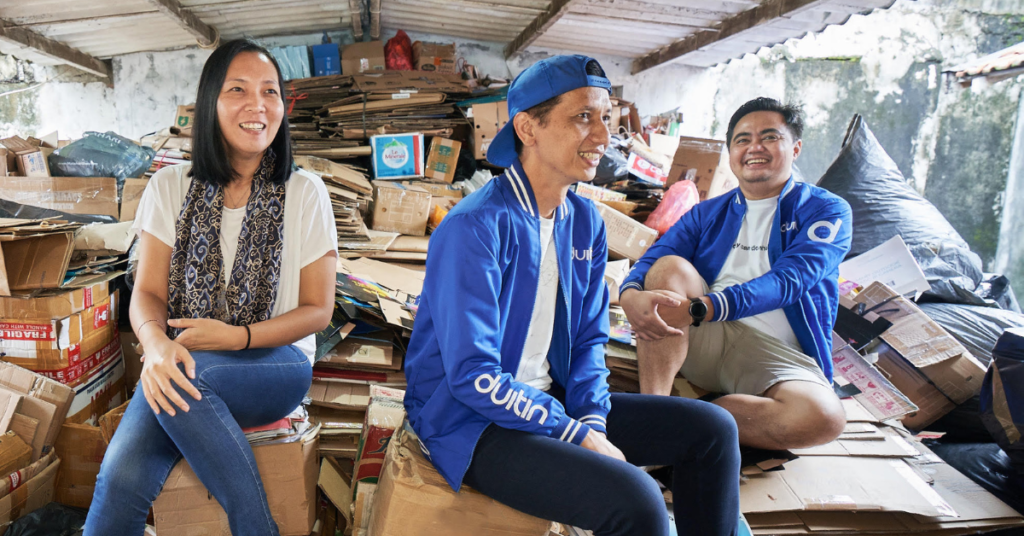3 min read
We recently released our fourth annual review — reflecting on our methods, initiatives and learnings — and surfacing social entrepreneurs’ positive social impact.
The global context
In 2022, we saw global crises multiply and their effects compound. The climate emergency, coronavirus pandemic, war and inflation affected people across the world. But in times of crisis, it’s people who live in vulnerable and marginalised communities who suffer most.
Social entrepreneurship has the ability to address systemic disadvantage at a grassroots level. It plays a crucial role in improving livelihoods and addressing social and environmental challenges.
Combining philanthropy with socially responsible business practices we aim to build social entrepreneurs’ capacity through programmes and investment, and by doing business with social enterprises. We not only work to improve livelihoods, but also bring valuable learnings to the IKEA business, contributing to an overarching ambition of inclusivity and sustainability.
Strengthening social business
Over FY22, we supported 101 social enterprises across 26 countries and partnered with 11 social businesses in IKEA production across home furnishing and food products, resulting in 14 product launches throughout the year. In Asia, 19 social enterprises participated in our capacity building accelerator programmes, and nine social businesses partnered with IKEA production.
We also launched our first global social business collection, VÅRDANDE, with 20 unique products from five social business suppliers in Southeast Asia. The scale of the project allowed new partners, Saitex, Classical Handmade Products and Spun, along with existing partners, Ramesh Flowers and Doi Tung, to secure job opportunities for people in rural areas and marginalised groups across Asia.
Designing and developing our upcoming global collection, MÄVINN, due to launch June 2023, proved challenging given ongoing travel restrictions and the uncertainty surrounding supply chains. But it was critical for the stability of the social businesses we partner with across Asia, and the wellbeing of their workers, that we found ways to continue working together. Product development shifted online, successfully creating production and employment continuity for people at risk of poverty.
The strategic approach
In FY22 we defined three focus areas where we’re strategically positioned to increase impact. The circular economy (including circular products, services, and waste), inclusive employment (including jobs and income creation) and renewable materials (including food and agriculture). An example is our support for two interconnected initiatives in the waste sector in India. We’ve invested in a Yunus Social Business fund which has the ambition to grow and support transformation in the sector, as well as Saahas Zero Waste, to pilot a programme exploring how empowering entrepreneurs can improve incomes and conditions for waste workers and contribute to a transparent supply of recycled plastics. Kicking off in 2022, we’re keenly tracking change and monitoring results this year to better understand the sector.
Our annual review is part of sharing our learnings and aims to be a transparent and useful resource on the role social entrepreneurship can play in creating social impact. Every day, social entrepreneurs around the world make, create, design, discover and innovate. And we’re exploring ways to work together, seek solutions to global challenges, and effect positive change.
Read the full report: https://www.ikeasocialentrepreneurship.org/en/annual-review-fy22


















